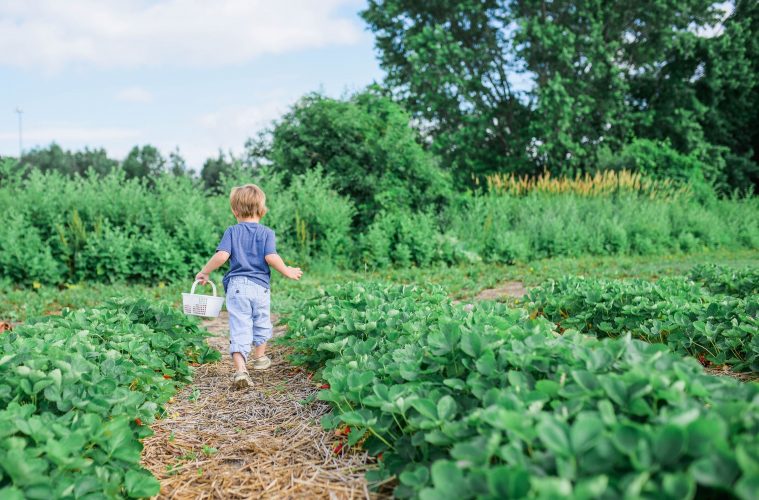Play is an important part of the development of a child. It’s just a huge inconvenience when it comes at the cost of your luscious green garden.
Preventing your kids from unintentionally damaging your garden while they play requires a combination of teaching, planning, and creating a kid-friendly space. Here are some tips to help protect your garden:
- Educate Your Kids:Teach your children about the importance of plants and the effort you put into maintaining the garden. You can even get them to help out in the garden so that they can see it for themselves. Help them understand the difference between plants that can withstand play and those that are more delicate.
- Designate Play Areas:Create designated play areas within your yard where kids can play freely without causing harm to delicate plants. This can be a grassy area or a dedicated play zone with child-friendly features.
- Install Fencing:Erect a low fence around delicate garden areas to create a physical barrier. This can help keep children away from plants that are more susceptible to damage.
- Teach Boundaries:Set clear boundaries for where they are allowed to play and where they should avoid. Regularly remind them to stay within these limits.
- Involve Them in Gardening:
Back to our first point. Get your children involved in gardening activities. Teach them how to plant and care for certain areas of the garden so they develop a sense of ownership and respect for the space. - Choose Kid-Friendly Plants:Opt for hardy, resilient plants that can withstand some rough play. Avoid planting delicate or easily damaged species in areas frequented by children.
- Provide a Play Area:If your educational notes aren’t helping, set up a designated play area with toys, games, and other activities to keep your kids entertained without venturing into the garden.
- Use Mulch Paths:If possible, create mulched paths through the garden. This can help define areas for walking and playing, reducing the risk of trampling on delicate plants.
- Supervise Playtime:Keep an eye on your kids when they are playing in the yard. Supervision is key to ensuring they follow the established rules and don’t accidentally damage the garden.
- Garden Rules:Establish and communicate clear rules for playing in the garden. Emphasize the importance of respecting the plants and the effort you put into maintaining the space.
- Create Raised Beds:Consider creating raised beds for your more delicate plants. This can act as a physical barrier and also make it clear where children should avoid playing.
By combining these strategies, you can create a balance between a beautiful garden and a safe, enjoyable space for your children to play. It’s important to involve them in the process, helping them develop an appreciation for nature and a sense of responsibility for the environment around them.
ALSO SEE:
Gardening is great for kids – here’s why
Featured image: Unsplash

